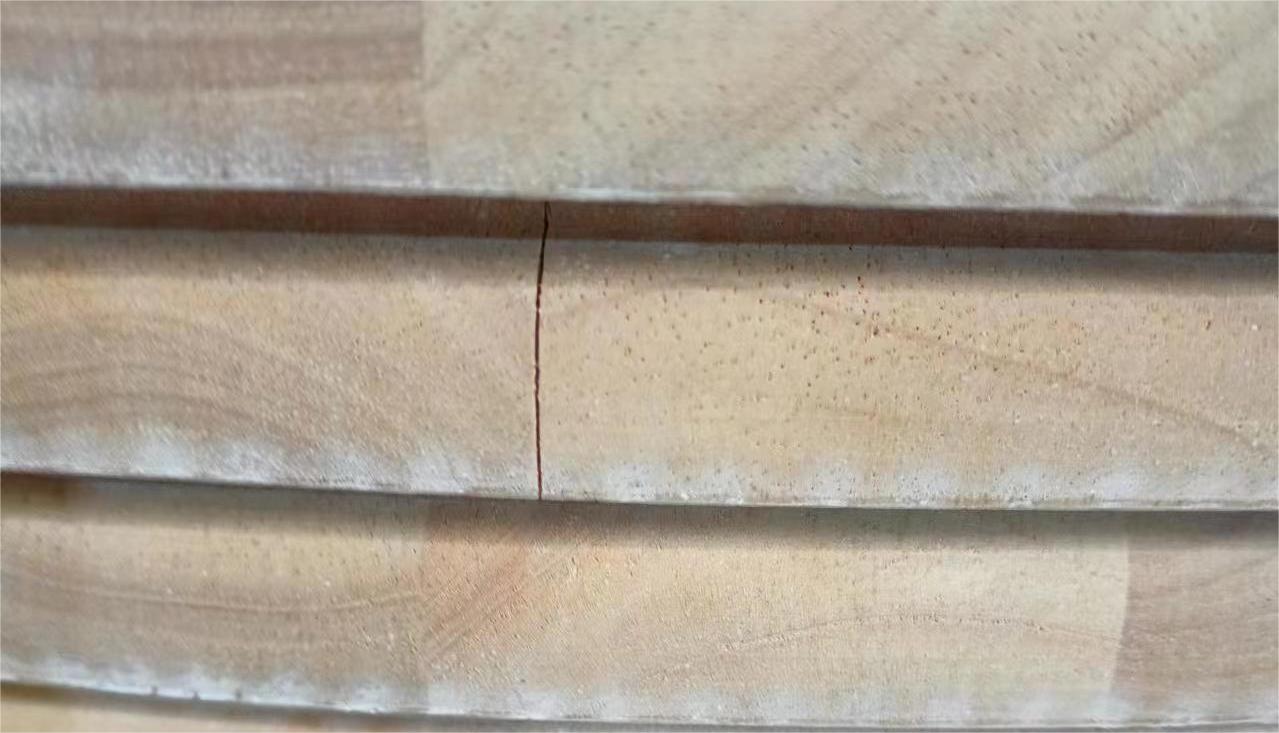The cracking of wood after splicing with solid wood laminate glue is probably the most common problem encountered by many furniture factories and solid wood laminate factories. When the product has cracking issues, the manufacturer will immediately ask our glue manufacturer to come to solve the problem. However, through years of experience in handling customer complaints on-site, as long as the initial test of the glue can be successfully passed, most of the cracking problems of the board when the factory uses it later are caused by the factory’s carelessness in the use of glue on site. Next, I will share with you the reasons for the cracking of the glue in the board:

Reason 1: The moisture content of the board does not meet the standard
If the boards are not dried before the panelization process and the ambient humidity is too high or too low, resulting in the moisture content of the boards being out of the standard range (8-12%), it is easy for the boards to crack after splicing.
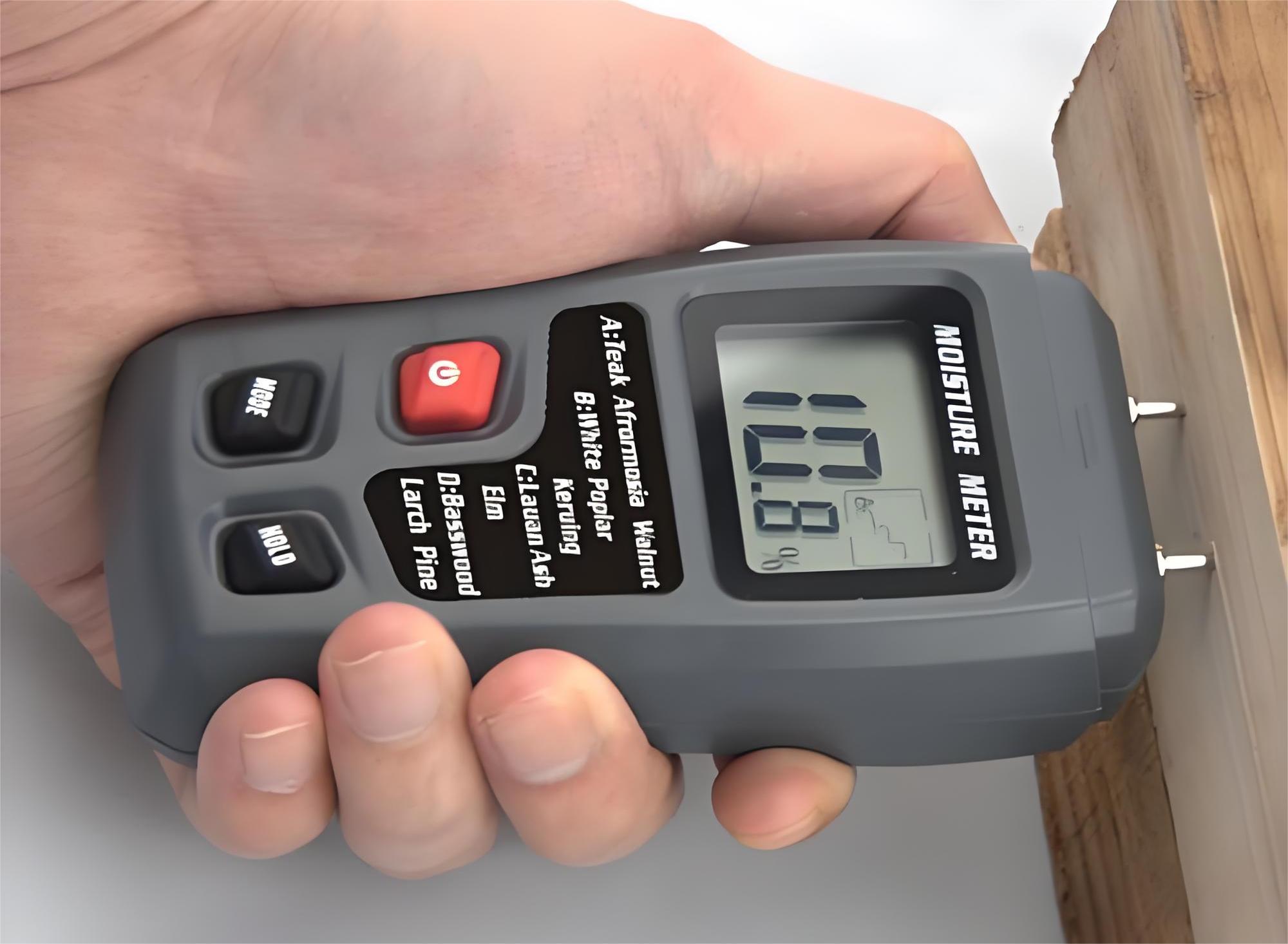
Reason 2: Abnormal hardener ratio
If the boards to be spliced are of relatively high density (such as rubberwood, beech, etc.), and a water resistance test is required after splicing, a hardener needs to be added and mixed with the glue. The normal ratio of glue to hardener is between 100: (10-15). Still, some manufacturers privately reduce the mixing ratio of the hardener to save costs, which is also one of the reasons for the cracking of the boards after splicing.

Reason 3: Incorrect pressurization method
After the board is coated with glue, it must be pressurized to facilitate the glue to penetrate the board better. If the pressure (low-density wood: 7.0 – 10.0 Kg/cm², medium-density wood: 9.0-12.0 Kg/cm², high-density wood 12.0-18.0Kg/cm²) is insufficient or uneven, it will easily cause the board to crack. This is mainly caused by the workers who are not familiar with the process of glue application and the damage of the pressurizing tool.
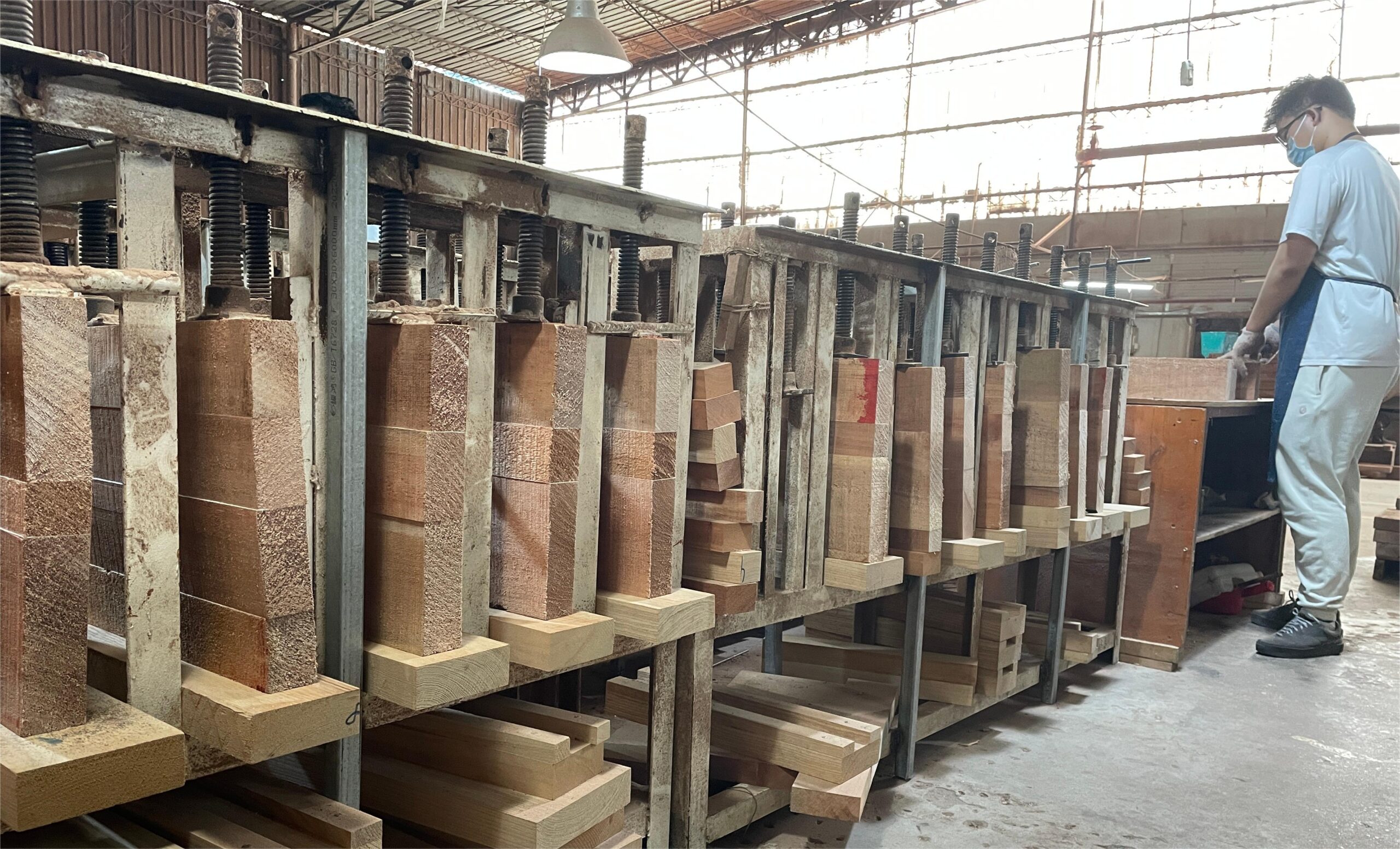
Reason 4: Insufficient glue application
Insufficient glue application is also the main cause of cracking. The normal amount of glue applied should be 200-260g/m² for single-sided glue and 120-150 g/m² for double-sided glue, double-sided glue has better effect). This is partly caused by the factory reducing the amount of glue applied to save costs; it may also be caused by the fact that the workers are new and lack operating experience.
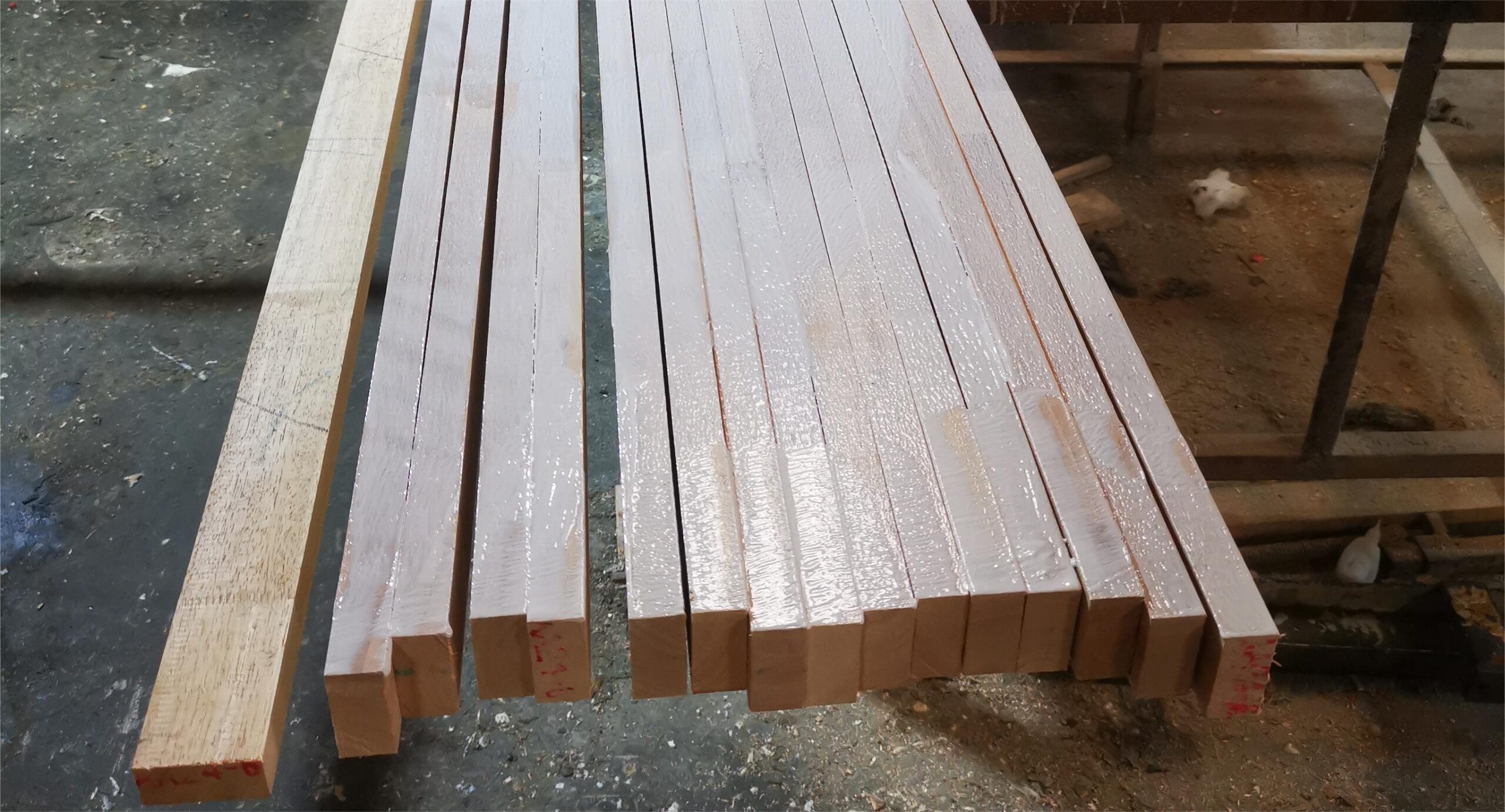
Reason 5: Exceeding the active time of the glue
After workers apply glue to the boards, the open time (the time from applying the glue to the boards to pressurizing the boards) exceeds the glue activity time (i.e. the effective use time of the glue). As a result, when the boards are pressurized, the surface of the glue has already formed a film (especially in the summer when the temperature is high), losing the optimal bonding strength and easily causing the boards to crack.
Reason 6: The operating environment temperature and humidity are not suitable
Too high an ambient temperature in summer, too low an ambient temperature in winter, and insufficient humidity can easily cause the glue to solidify too quickly or not solidify at all. A harsh operating environment can also easily cause cracking of the panels after splicing. Reasonable operating ambient temperature: 10-35°C, ambient humidity: 40-80%.
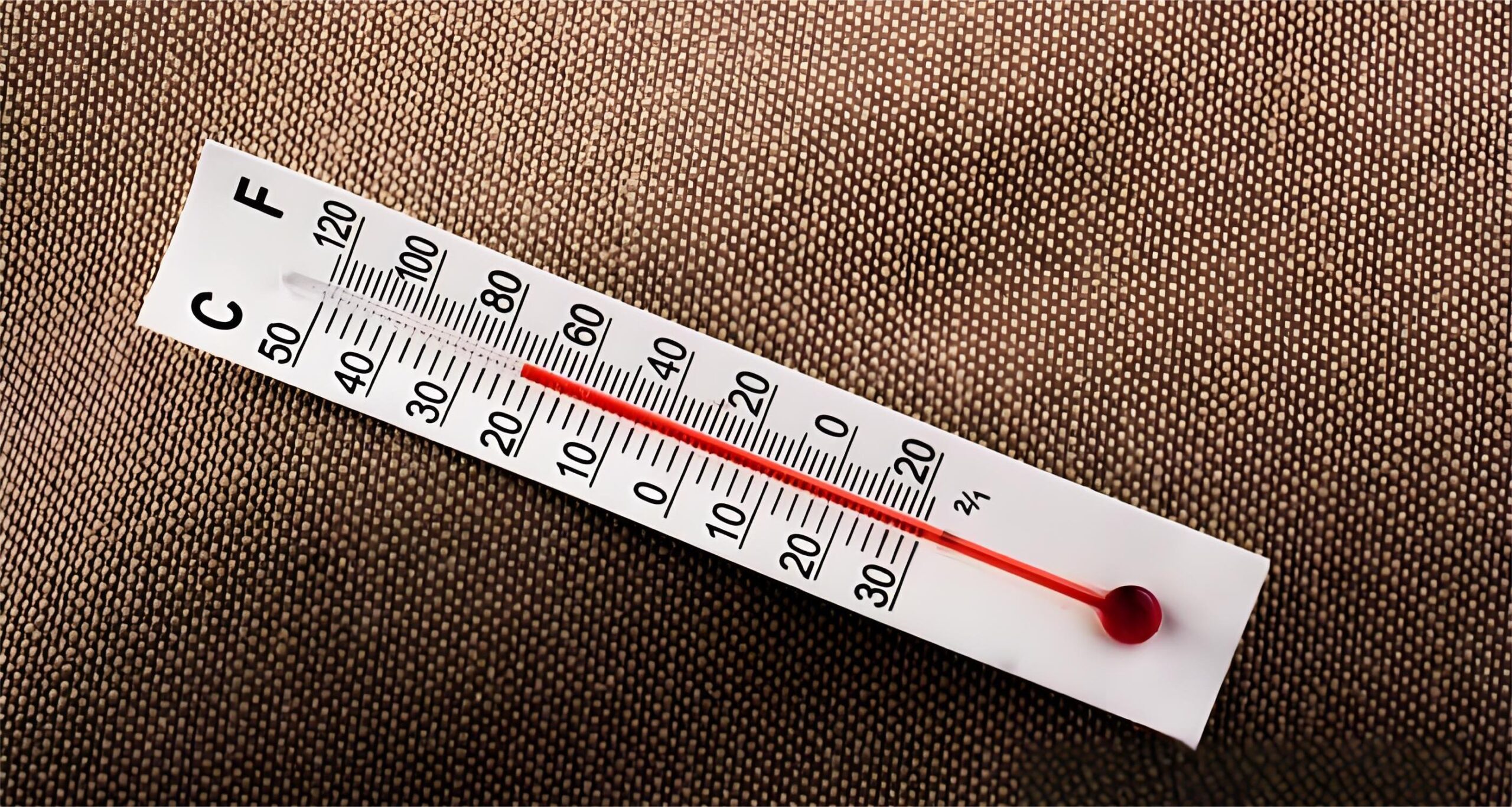
The above six reasons are the main reasons why the panels are prone to cracking after using panel glue. You need to pay special attention when performing the panel process. If you have other questions about panel glue, you can consult us.
